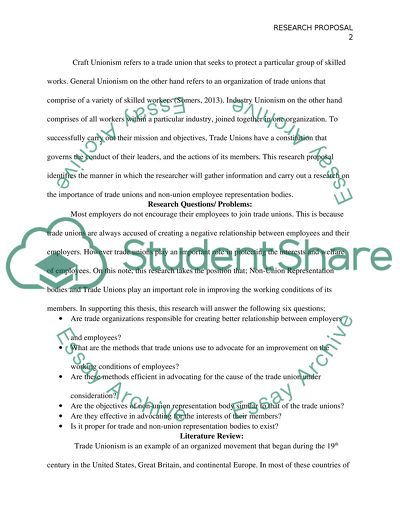Cite this document
(The Important Role of Trade Unions Research Paper, n.d.)
The Important Role of Trade Unions Research Paper. Retrieved from https://studentshare.org/macro-microeconomics/1629895-research-methods-for-business
The Important Role of Trade Unions Research Paper. Retrieved from https://studentshare.org/macro-microeconomics/1629895-research-methods-for-business
(The Important Role of Trade Unions Research Paper)
The Important Role of Trade Unions Research Paper. https://studentshare.org/macro-microeconomics/1629895-research-methods-for-business.
The Important Role of Trade Unions Research Paper. https://studentshare.org/macro-microeconomics/1629895-research-methods-for-business.
“The Important Role of Trade Unions Research Paper”, n.d. https://studentshare.org/macro-microeconomics/1629895-research-methods-for-business.


